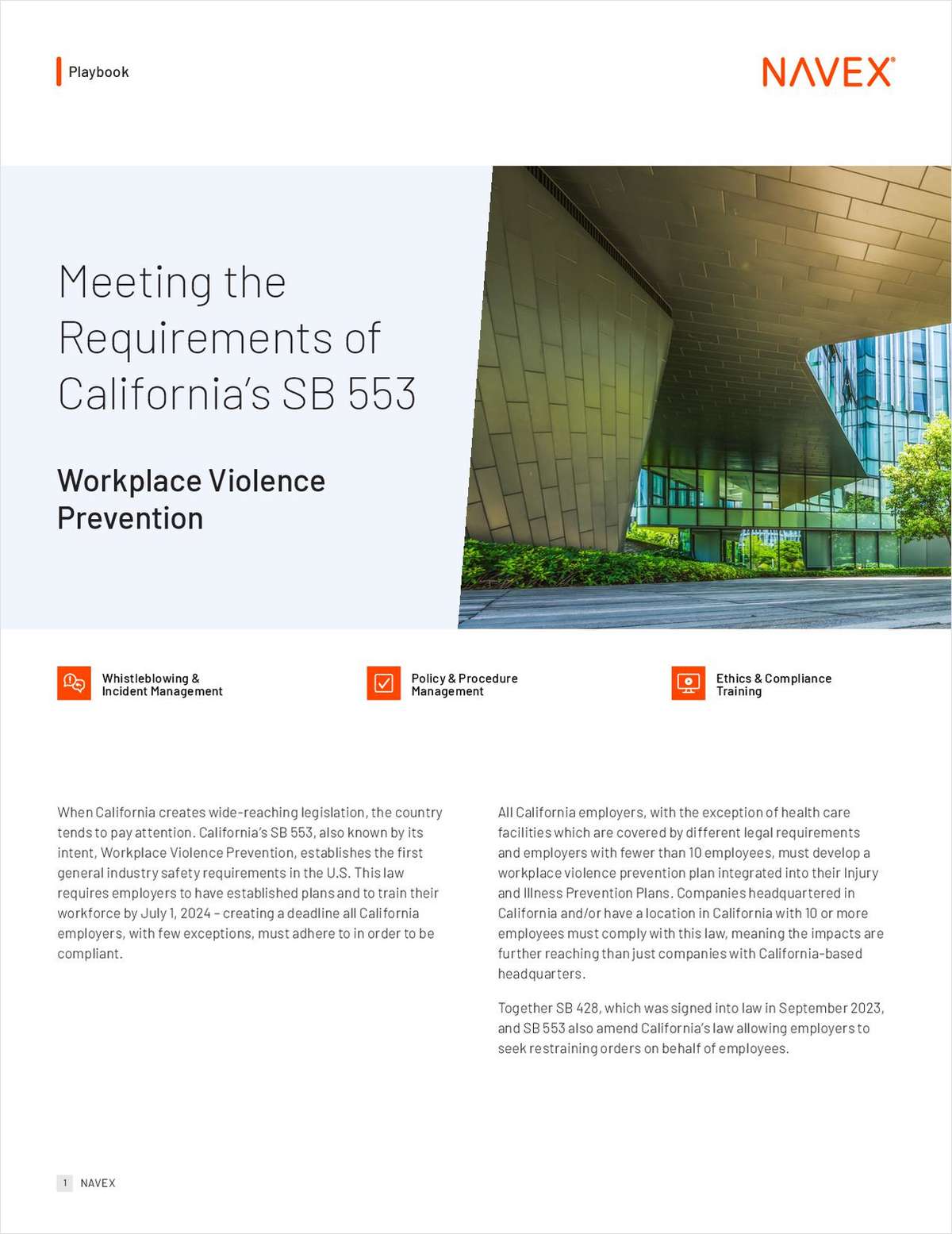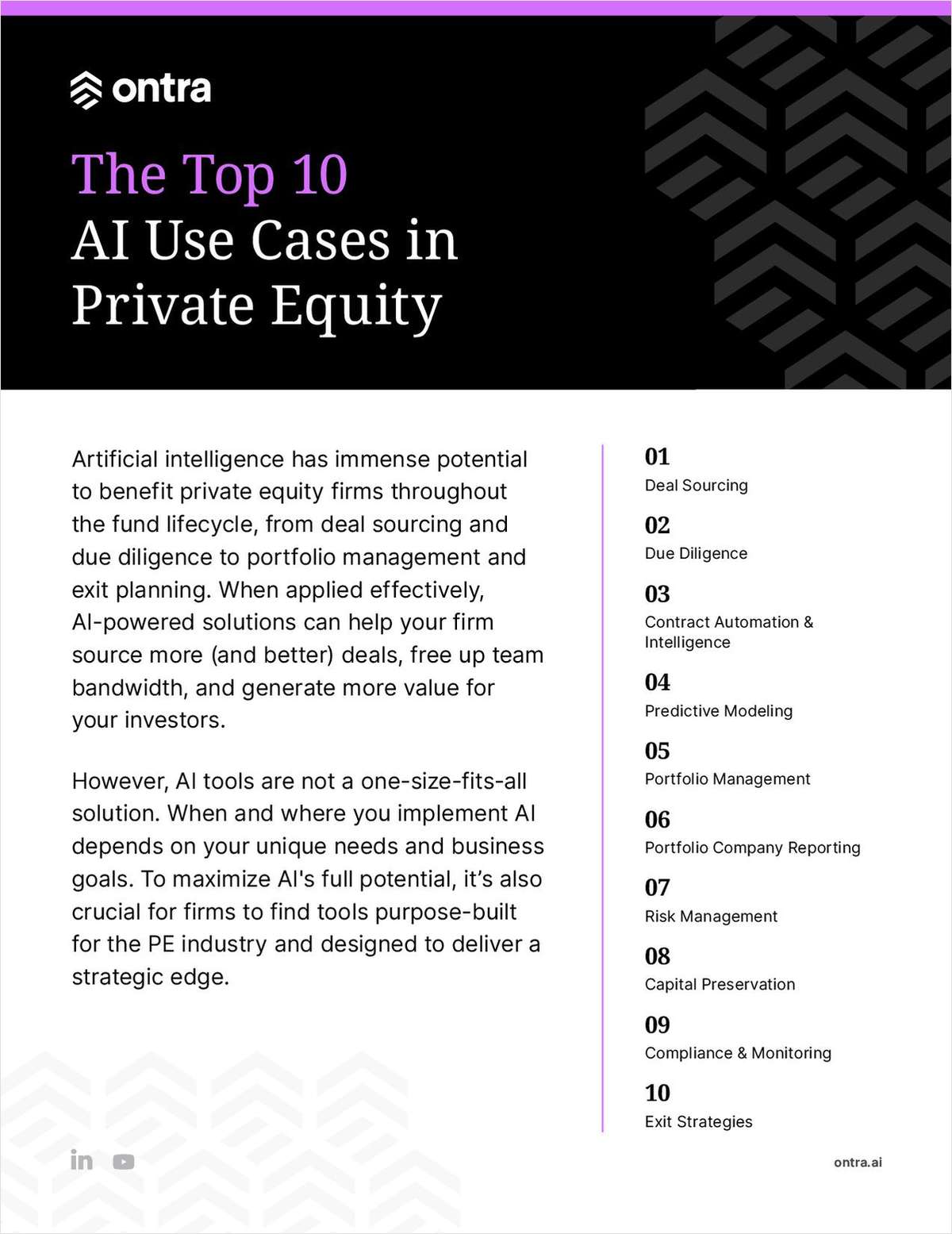 Beryl Howell during her confirmation hearing in July 2010. Photo: Diego M. Radzinschi/NLJ
Beryl Howell during her confirmation hearing in July 2010. Photo: Diego M. Radzinschi/NLJMueller Judge Unseals Attorney-Client Ruling That Aided Prosecutors
The newly unsealed opinion was heavily blacked-out to conceal the identities of the attorney and the individual at issue, along with the substance of their email communication.
May 22, 2019 at 12:57 PM
4 minute read
The original version of this story was published on National Law Journal
Updated at 3:29 p.m.
A federal judge on Wednesday unsealed with significant redactions an April 2018 court opinion that allowed the special counsel's office to review emails between an unspecified individual and his attorney.
Chief U.S. District Judge Beryl Howell in Washington concluded that the attorney-client privilege did not apply to emails Google had provided in response to a warrant from Special Counsel Robert Mueller III's office.
Howell's decision allowed a so-called prosecution filter team—tasked with identifying information potentially protected by various legal privileges—to review emails between the targeted individual and his attorney and to share the contents with prosecutors working on Mueller's team.
The newly unsealed opinion was heavily blacked-out to conceal the identities of the attorney and the individual at issue, along with the substance of their email communication.
Howell allowed the Mueller team to access the emails last year after determining that the individual had sent them “with the understanding that the attorney would serve as a conduit” to a third party, whose identity was redacted in the unsealed version of the opinion.
“As such, the emails at issue were never confidential, and this, never privileged,” Howell wrote.
As chief judge of Washington's federal trial court, Howell has overseen the grand jury convened in connection with the special counsel investigation. In that role she has presided over attorney-client disputes arising out of Mueller's investigation into Russian interference in the 2016 presidential election.
In 2017, Howell determined that a lawyer at Akin Gump Strauss Hauer & Feld could be compelled to testify before the Mueller grand jury. The lawyer, Melissa Laurenza, had helped former Trump campaign chairman Paul Manafort with submissions to the Justice Department regarding his lobbying and consulting work for the Russia-aligned government of Ukraine. Manafort was accused of lying to the U.S. government in those filings, but the special counsel's office determined—without identifying her by name—that Laurenza was unaware that “what was being sent to the department at the time was false.”
Howell also oversaw an attorney-client privilege dispute that arose out of the Justice Department's case against Greg Craig, a former Obama White House counsel who has been charged with misleading the government about his work for Ukraine during his time as a partner at Skadden, Arps, Slate, Meagher & Flom.
Craig's defense lawyers at Zuckerman Spaeder said on Wednesday through a spokesperson that Howell's newly unsealed ruling was not related to Craig's dispute.
In April, U.S. District Judge Amy Berman Jackson revealed in a public court filing that legal proceedings over an attorney-client privilege issue had played out before Howell in the Craig case. Jackson, who is overseeing the prosecution of Craig, had said she wanted to see the court filings in that dispute.
Last month, however, Craig's defense lawyers said they do not plan to seek to “exclude any testimony or other evidence that was the subject of the litigation on the attorney-client privilege issues that were addressed by Chief Judge Howell.”
Craig has pleaded not guilty to charges he misled the Justice Department about the scope of his involvement in the preparation and rollout of a report on the Ukrainian government's prosecution of Yulia Tymoshenko, a former prime minister and political rival of the country's president at the time, Viktor Yanukovych.
Howell's ruling is posted in full below:
Akin Gump Lawyer Was Compelled to Testify at Manafort Grand Jury
|This report was updated to include comment from a spokesperson for Greg Craig's defense team.
This content has been archived. It is available through our partners, LexisNexis® and Bloomberg Law.
To view this content, please continue to their sites.
Not a Lexis Subscriber?
Subscribe Now
Not a Bloomberg Law Subscriber?
Subscribe Now
NOT FOR REPRINT
© 2024 ALM Global, LLC, All Rights Reserved. Request academic re-use from www.copyright.com. All other uses, submit a request to [email protected]. For more information visit Asset & Logo Licensing.
You Might Like
View All

'Rocket Docket': EDVA Judge Controls Google's Fate in Ad Tech Monopoly Trial
4 minute read
Alabama Man Arrested After Causing Bitcoin Price to Surge, Then Plummet After Fake SEC Tweet
3 minute read
Regulators Say AI Enforcement Sweeps Are Reining in Hucksters, Not Innovation
Trending Stories
- 1The Law Firm Disrupted: Playing the Talent Game to Win
- 2A&O Shearman Adopts 3-Level Lockstep Pay Model Amid Shift to All-Equity Partnership
- 3Preparing Your Law Firm for 2025: Smart Ways to Embrace AI & Other Technologies
- 4BD Settles Thousands of Bard Hernia Mesh Lawsuits
- 5A RICO Surge Is Underway: Here's How the Allstate Push Might Play Out
Featured Firms
Law Offices of Gary Martin Hays & Associates, P.C.
(470) 294-1674
Law Offices of Mark E. Salomone
(857) 444-6468
Smith & Hassler
(713) 739-1250








